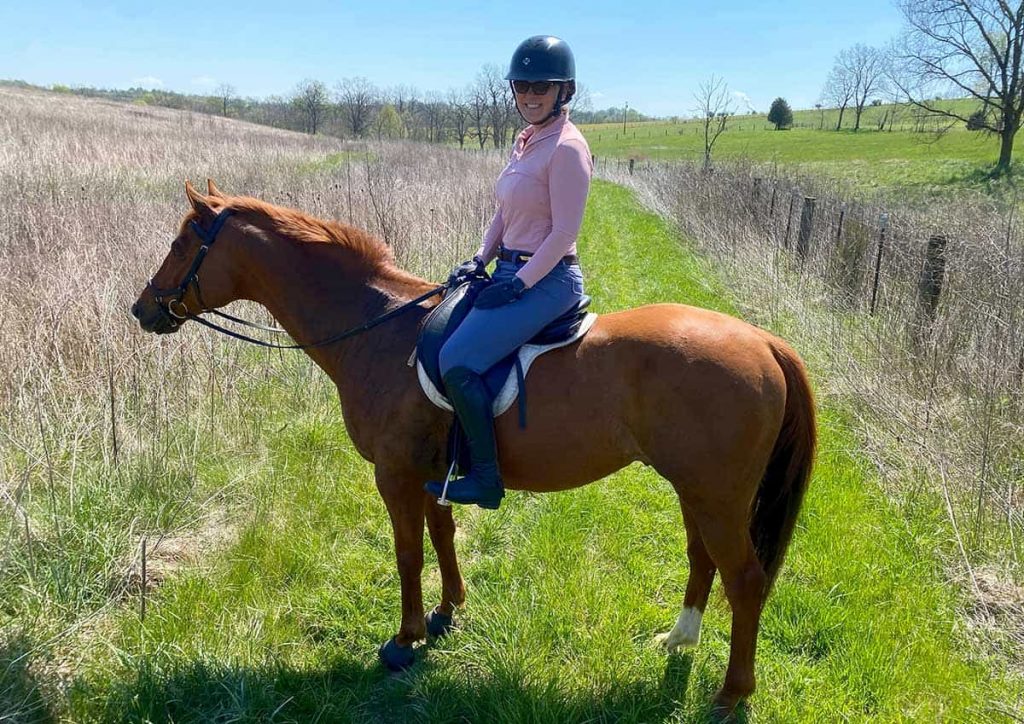
Product Review: Elevate Natural Vitamin E for Horses
Our editorial director addressed mild hindquarter atrophy in her Thoroughbred with KPP’s Elevate Natural Vitamin E.

Our editorial director addressed mild hindquarter atrophy in her Thoroughbred with KPP’s Elevate Natural Vitamin E.

Consider growth rate and nutrient balance when deciding what to feed young horses.
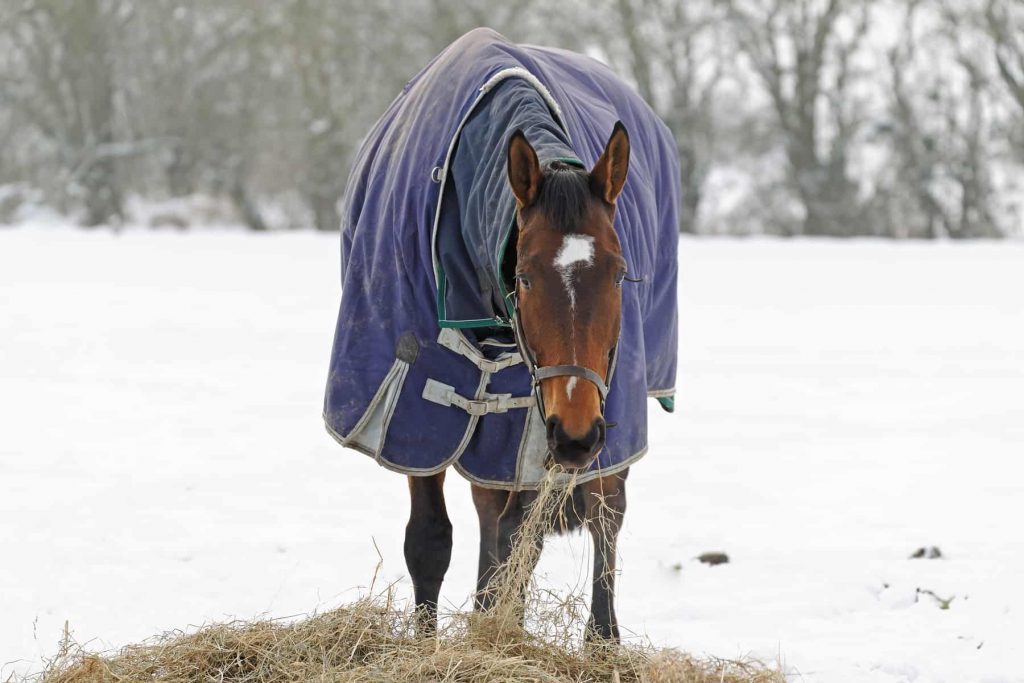
Our nutritionist shares how you can improve your horse’s coat, even during winter.

Are you resolving to improve your horse’s nutritional status next year? An equine nutritionist shares her tips.

Dr. Clair Thunes offers advice for preventing colic when the weather turns cold.

Learn the difference between ration balancer feeds and supplements and how they benefit horses when pastures are scarce.
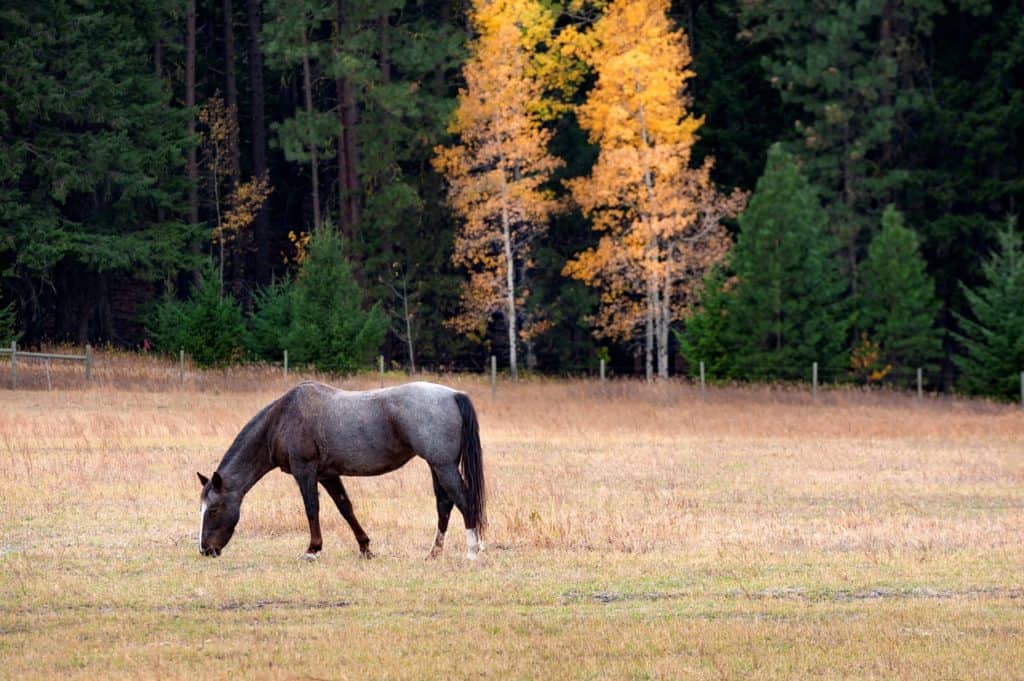
Nutritionist Dr. Clair Thunes shares advice on how to reduce your horse’s risk of colicking this fall.
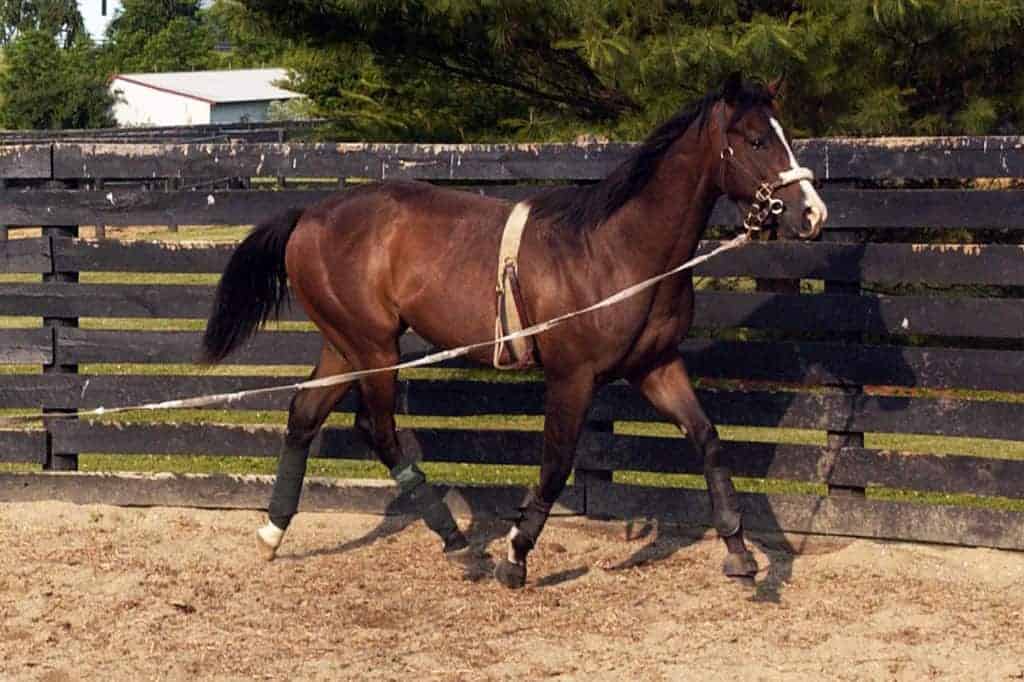
Young horses in work have different nutritional needs than their adult counterparts.
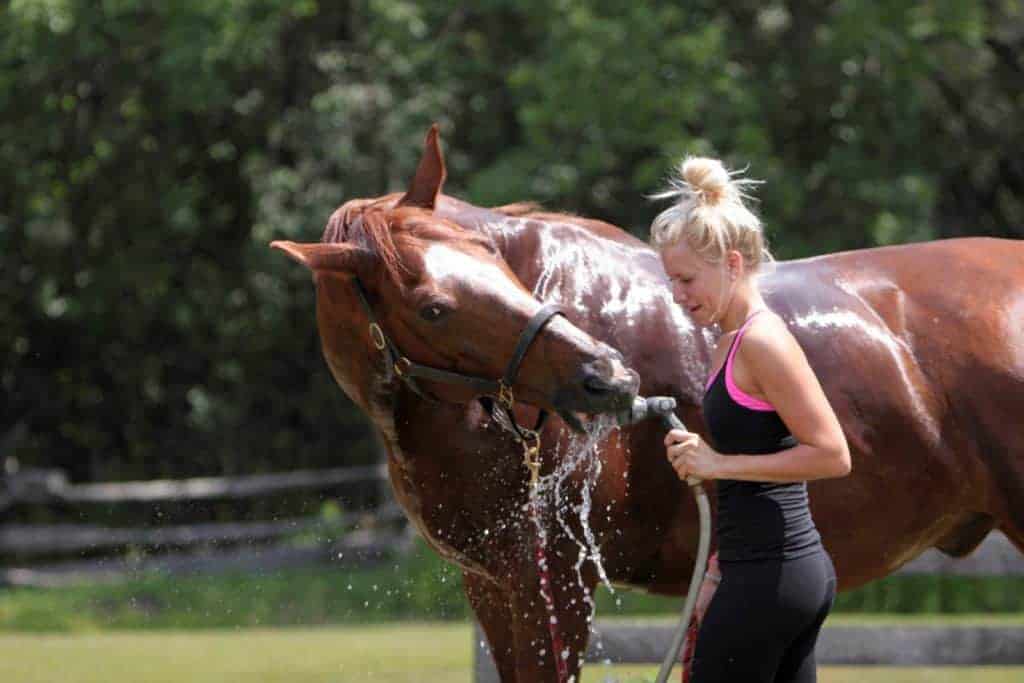
As tough as steamy summers can be on humans, they can be even harder on horses. Two veterinarians share tips on how to help your horse beat the heat this summer.

How do you choose between plain white salt blocks, red mineralized blocks, and rock salt on ropes? One nutritionist offers advice on adding salt in your horse’s diet
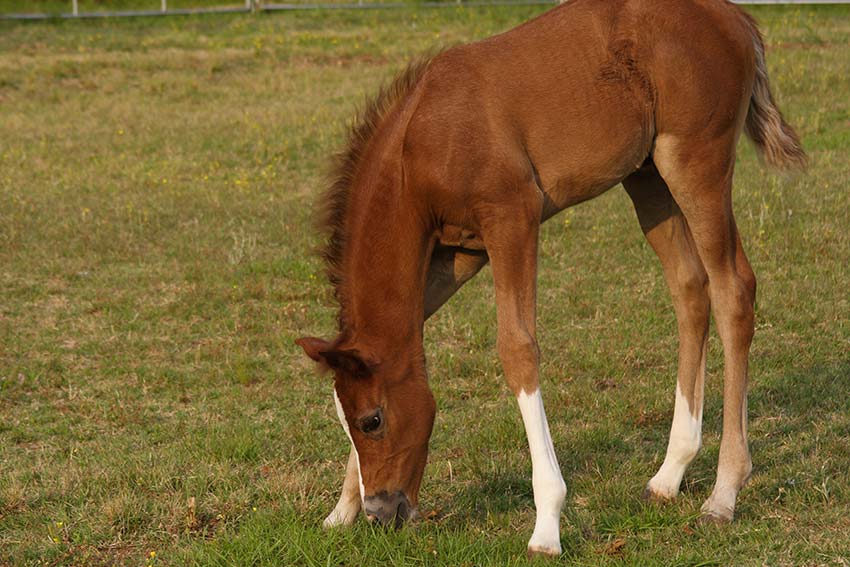
Learn about the delicate balance between two key minerals in horses’ diets.

A well-planned feeding program helps a foal’s caretakers manage growth rate effectively. Learn about common foal-feeding challenges and solutions, as well as how to develop a well-balanced feeding program for young, growing horses.

Veterinarians could soon determine which horses are at risk of certain neurologic diseases through a simple urine test that reveals how a horse breaks down vitamin E.

A dappled coat might be a sign of optimum equine health and nutrition, but the reality is more complicated. One equine nutritionist offers advice on bringing out the bloom in your horse’s coat.

Our nutritionist helps resolve a debate between friends about whether a horse with poor hoof quality would benefit from a hoof supplement or a properly portioned ration balancer.

An equine nutritionist addresses the different types of salt available and how to pick the right one.
Stay on top of the most recent Horse Health news with
"*" indicates required fields